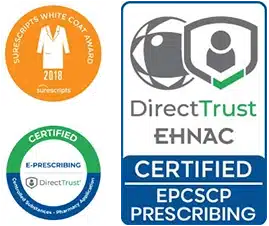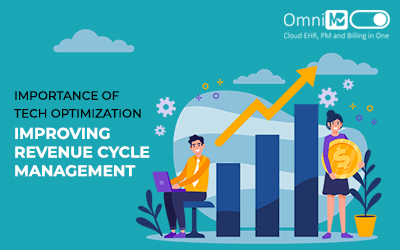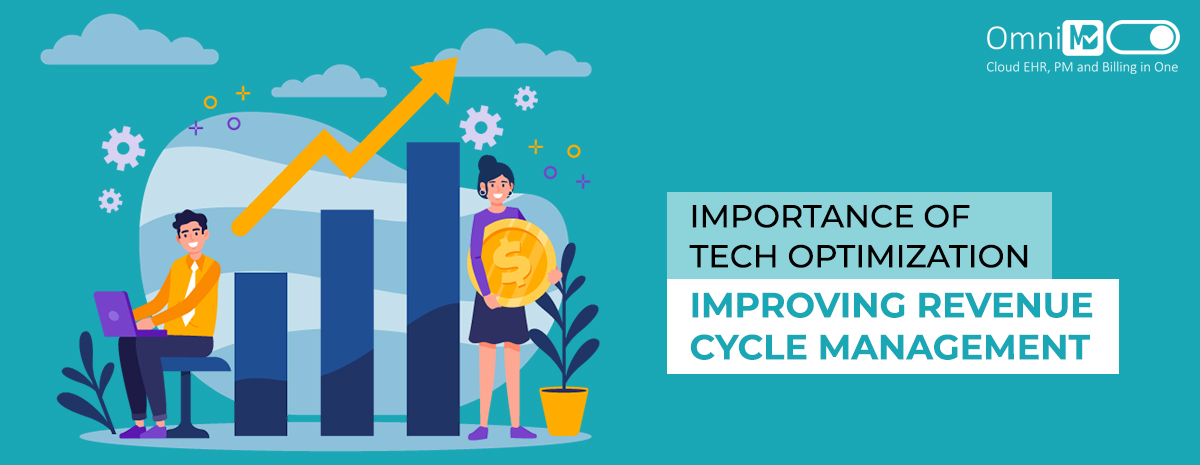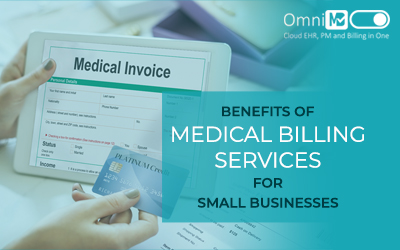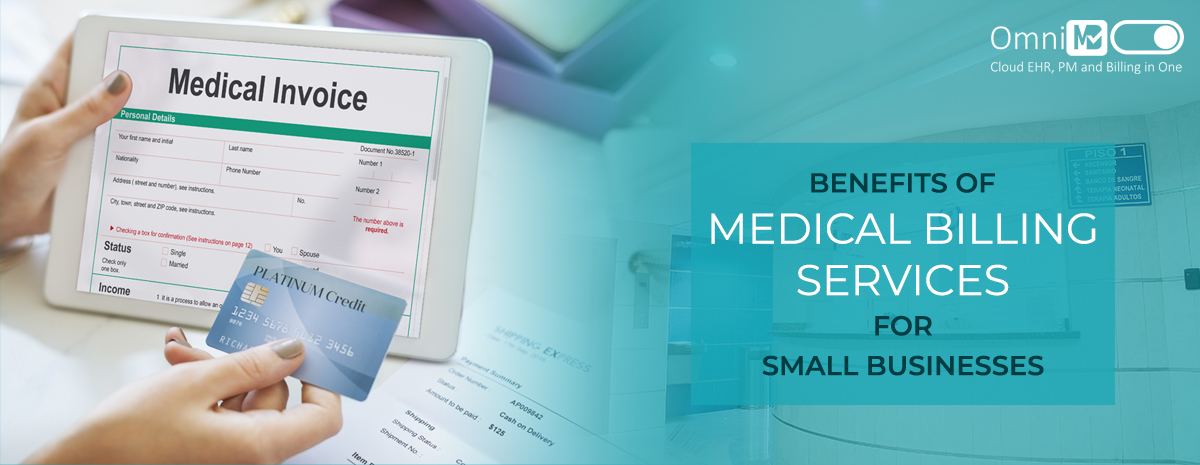
What is the Purpose of Medical Billing, and Why is it Important? – 1
What is the Purpose of Medical Billing, and Why is it Important?
November 1, 2022
What is the Purpose of Medical Billing, and Why is it Important?
Medical billing is crucial in ensuring that the billing process is done categorically and efficiently. During a
medical procedure, it can get become challenging to correctly account for the different procedures that a patient
might require and bill them without errors.
A competent medical billing solution can manage these situations better. Medical billing is particularly important
for patients and healthcare practices when filing health insurance claims as it helps mitigate filing errors.
Medical software solutions maintain the complete medical history or patients’ Electronic Health Records (EHR).
Moreover, they can auto-check insurance eligibility and co-payment clauses to provide a comprehensive and accurate
bill paid off in one go without delays.
Why does a Hospital Need Medical Billing Software?
The medical billing procedure is quite a complicated process with several variables, which, if not handled correctly,
can lead to the payment claim being rejected or delayed..
A medical biller ensures that all medical expenses are accounted for and raises any mismatches or errors before a
claim is submitted. Medical software provides easy document storage and retrieval in one click and reduces manual
efforts. The medical biller ensures timely remittance and sends reminders to payors for quick collection.
Moreover, there are many add-on advantages, such as integrated EHR and billing, ePatient systems, analytical
dashboards, and an insightful reporting system that these medical solutions offer that go a long way in improving
the profit margins of your healthcare practice.
Reasons to Opt for OmniMD for Medical Billing Solutions
- Reduce claim denials: One of the main reasons for failed health insurance claims is a discrepancy
between
the insurance form and the medical bills. OmniMD medical billing solutions eliminate claim discrepancies and
form-filling errors, ensuring a smooth and efficient insurance filing and claim process. - Reduce workload: Medical billing solutions can benefit small-scale healthcare facilities since they can
share the billing and documenting workload, reducing the need for staff and saving on salaries. - Centralized System: OmniMD billing solutions are capable of securely storing patient details in a
centralized
system, which makes scheduling future appointments convenient, helps in better doctor-patient interaction, and
faster operations. - Patient Satisfaction: An efficient billing solution ensures faster insurance claim settlements, and the
billing
automation process makes the process less taxing, leading to better patient satisfaction.
Why Choose OmniMD for your Medical Billing Solutions?
OmniMD is the leading solution provider of electronic medical records, practice management, and revenue cycle
solutions. One of the pioneers in medical billing solutions, OmniMD offers dependable, user-friendly, and effective
medical billing services to over 600 healthcare facilities.
OmniMD believes in a committed, round-the-clock support service that can ensure that healthcare facilities work as
efficiently as possible, resulting in patient loyalty and satisfaction.
Health care facilities benefit significantly from an effective medical billing system
since it frees the medical staff to focus on what they do best- treating patients. So, if you wish to see your
practice grow, you can contact OmniMD for efficient, affordable solutions for
your service.


